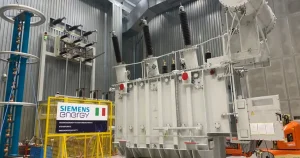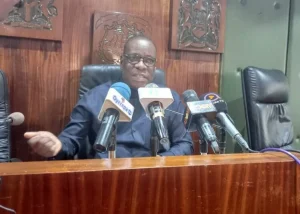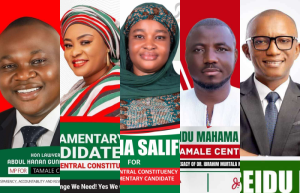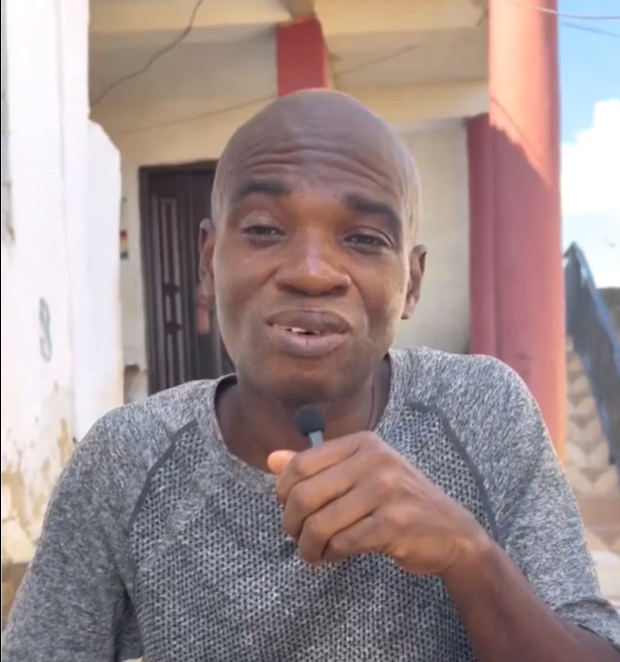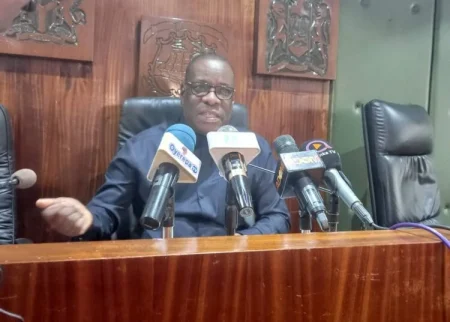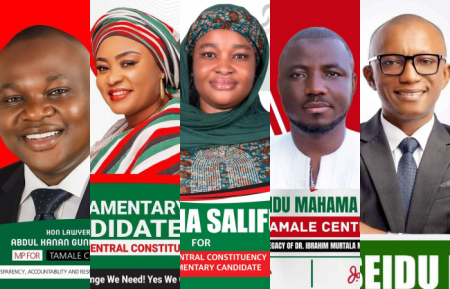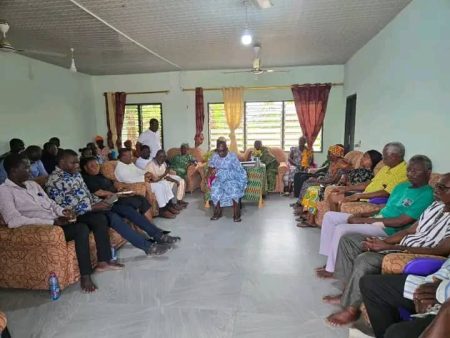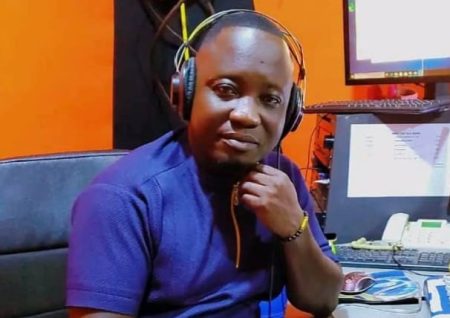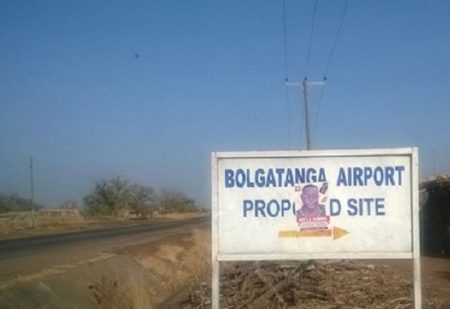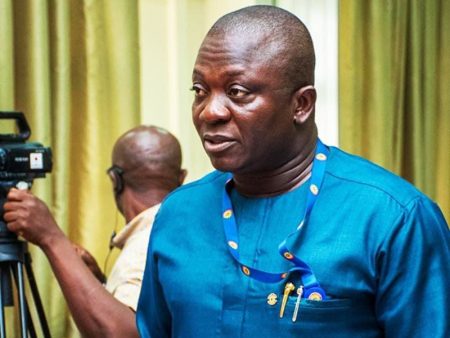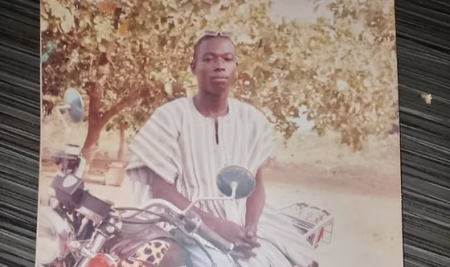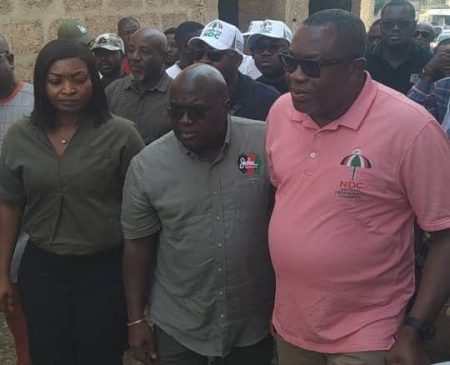Kwame Owusu Fordjour, widely known as Dr. UN, is a Ghanaian socialite who has recently made a poignant plea for financial assistance due to a severe health issue. Dr. UN revealed that he urgently needs surgery for a serious kidney condition that has adversely impacted his health, physical well-being, and finances. During a recent public appearance, Dr. UN appeared visibly frail as he opened up about his ongoing health struggles. Initially, he chose to keep these issues private, but as his medical expenses began to accumulate and the condition worsened, he felt compelled to seek help from the public.
The financial demands of his treatment have proven overwhelming, with Dr. UN stating that he requires over GH₵400,000 to undergo the necessary surgery—a sum he cannot cover on his own. In addition to the surgical costs, he has incurred significant expenses for lab tests and medicines that are critical to his ongoing treatment. In an effort to lend credibility to his appeal, Dr. UN presented medical documentation that outlines the severity of his condition, emphasizing the urgency for medical intervention to avoid further deterioration of his health.
In his heartfelt appeal, Dr. UN specifically called upon Ghanaians, particularly those within the entertainment industry, to offer their support during this challenging time. Acknowledging the close-knit nature of the community, he expressed hope that the collective generosity of his peers and the public at large could help secure the funds necessary for his medical care. His emotional message resonated with many, reminding them of the importance of compassion and solidarity in times of need.
Dr. UN’s situation has sparked conversations about the broader issues surrounding healthcare access and the financial burdens faced by individuals experiencing serious medical conditions. His case serves as a poignant reminder of how vulnerable individuals can become when confronted with unexpected health crises, particularly in regions where healthcare systems may not provide adequate support. It also raises awareness of the need for community support systems to address such urgent needs effectively.
The public response to Dr. UN’s plea is likely to reflect the collective values of society and the willingness of individuals to support one another in times of hardship. As news of his condition spreads, it can galvanize efforts not just for him, but also for others facing similar struggles within the community. Philanthropic gestures may extend beyond monetary support; words of encouragement, social media advocacy, and awareness campaigns can also play crucial roles in rallying collective action.
In conclusion, Dr. UN’s urgent request for financial aid underscores the personal and societal challenges associated with serious health conditions. By reaching out to the public, he has not only highlighted his own plight but also initiated broader discussions about healthcare accessibility, community responsibility, and the significance of standing by one another. The outcome of his appeal may ultimately reflect the depth of compassion within the community and serve as a call to action for others who may find themselves in similar situations.


